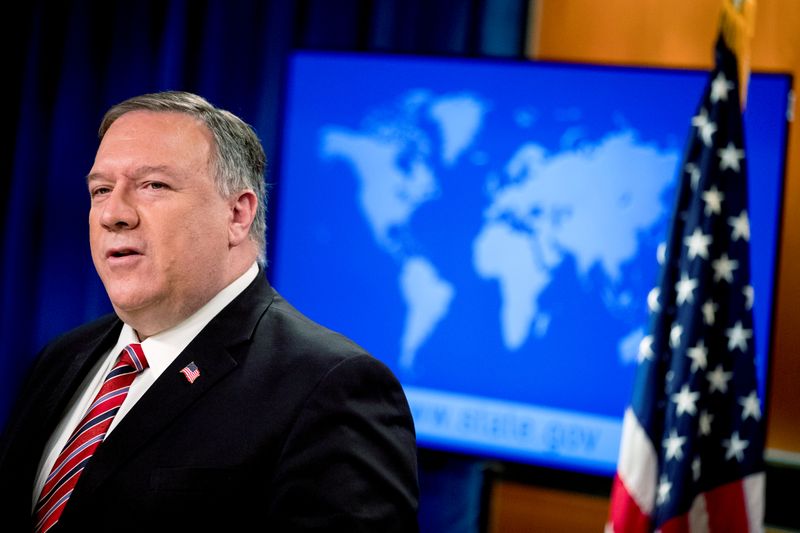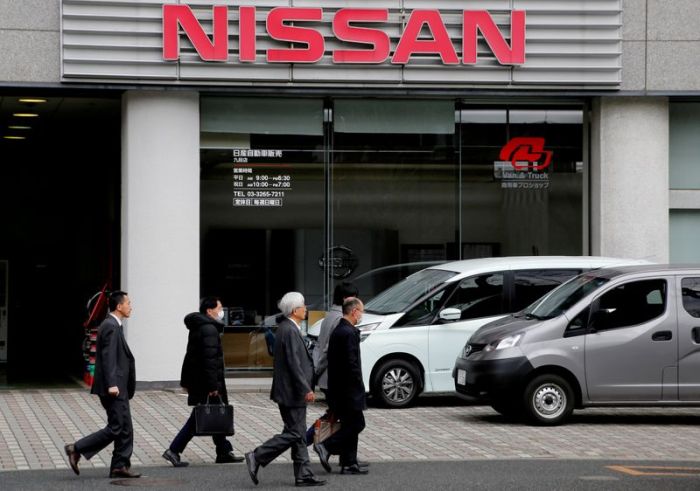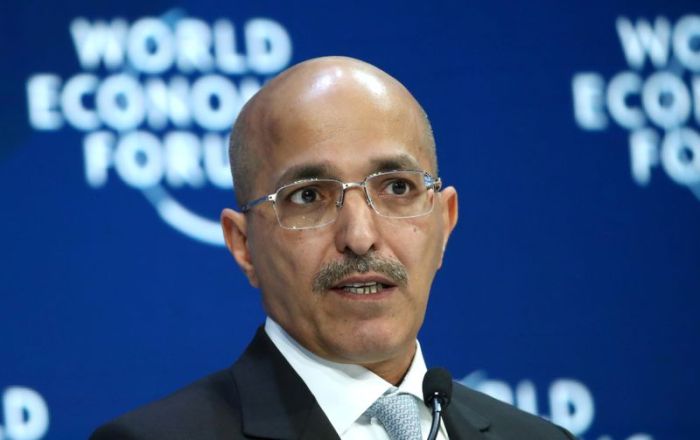GENEVA (Reuters) – The World Health Organization said on Monday that comments by U.S. Secretary of State Mike Pompeo citing “evidence” that the new coronavirus had emerged from a Chinese laboratory were “speculative”, and called for a science-based inquiry.
Pompeo said on Sunday there was “a significant amount of evidence” that the virus emerged from a lab in the Chinese city of Wuhan, but did not dispute U.S. intelligence agencies’ conclusion that it was not man-made.
Dr Mike Ryan, WHO’s top emergencies expert, told an online press conference from Geneva:
“We have not received any data-specific evidence from the U.S. government relating to the purported origin of the virus. So from our perspective, this remains speculative.”
As an “evidence-based organisation”, Ryan said, the WHO was keen to receive any information on the origin of the virus, as this was “exceptionally important” for its future control.
“So if that data and evidence is available, then it will be for the United States government to decide whether and when it can be shared,” he said.
Scientists have advised the WHO that genome sequencing shows the virus to be of “natural origin”.
Ryan said science, not politics, should be at the heart of exchanges with Chinese scientists on the issue, warning against projecting an “aggressive investigation of wrongdoing”.
The virus is believed to have originated in bats and jumped to humans via another species. Dr Maria van Kerkhove, a WHO specialist in viruses that make such jumps, said it was important to determine this intermediate host.
As countries begin easing lockdowns imposed to curb the spread of the virus, many hope to contain new clusters of infection through systematic contact tracing, helped by mobile phone apps and other technology.
But Ryan said these did not make more traditional “boots-on-the-ground” surveillance redundant.
“We are very, very keen to stress that IT tools do not replace the basic public health workforce that is going to be needed to trace, test, isolate and quarantine,” he said, praising South Korea and Singapore for their strategy.
Ryan said the WHO welcomed recent clinical trial data for Gilead Sciences Inc’s antiviral drug remdesivir, saying there were “signals of hope” for a potential use against COVID-19.
“We will be engaging in discussions with Gilead and the U.S. government as to how this drug may be made more widely available as further data emerges on its effectiveness,” he said.
Steven Solomon, the WHO’s principal legal officer, said two countries had proposed consideration of letting Taiwan attend the WHO’s May 18-19 annual health assembly as an observer.
Solomon said the WHO recognised the People’s Republic of China as the “one legitimate representative of China”, in keeping with U.N. policy since 1971, and that the question of Taiwan’s attendance was one for the WHO’s 194 member states.
China, which views the island as a wayward Chinese province and not a country, says it represents Taiwan adequately in the WHO.
(Reporting by Emma Farge and Stephanie Nebehay; Editing by Michael Shields and Kevin Liffey)
























